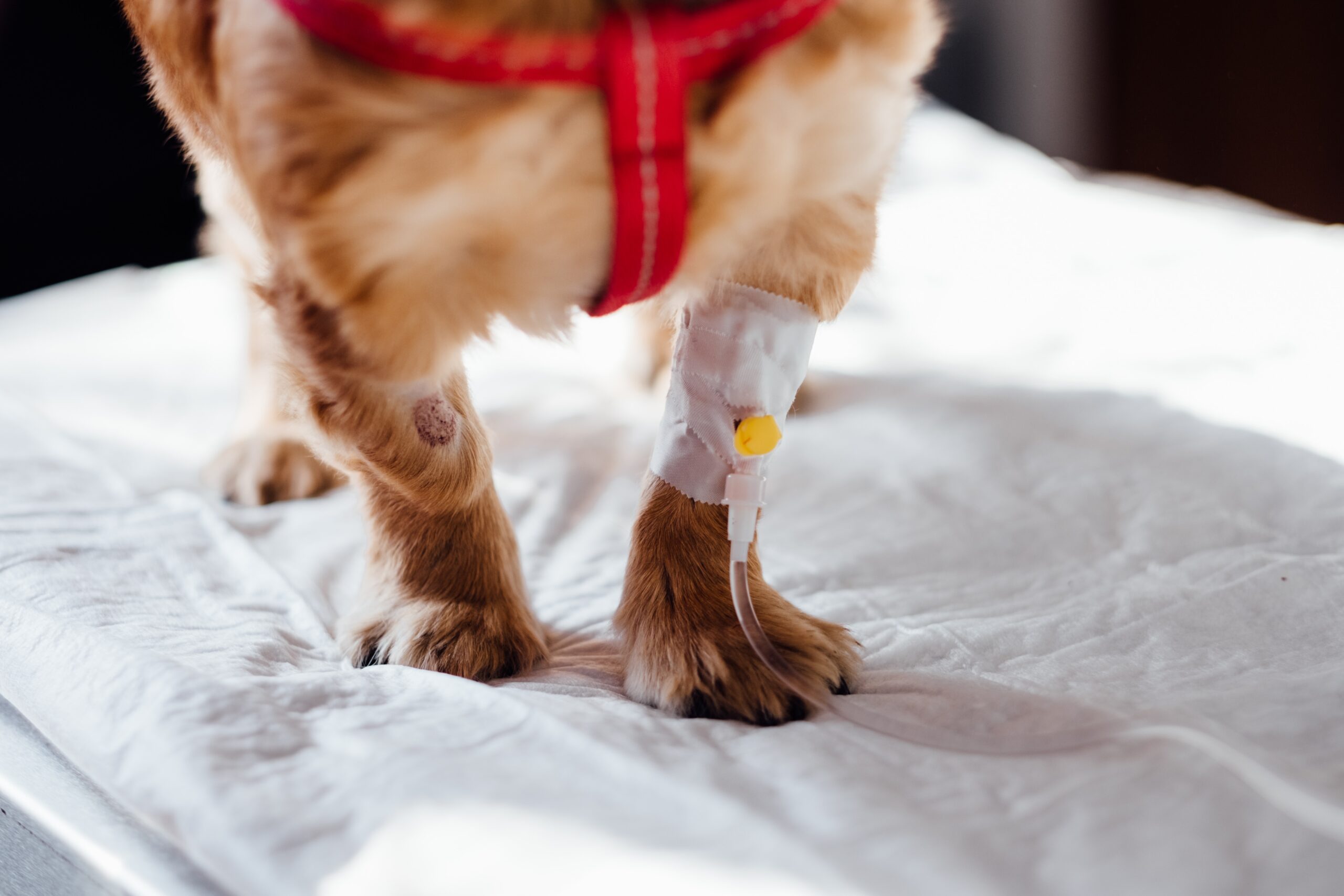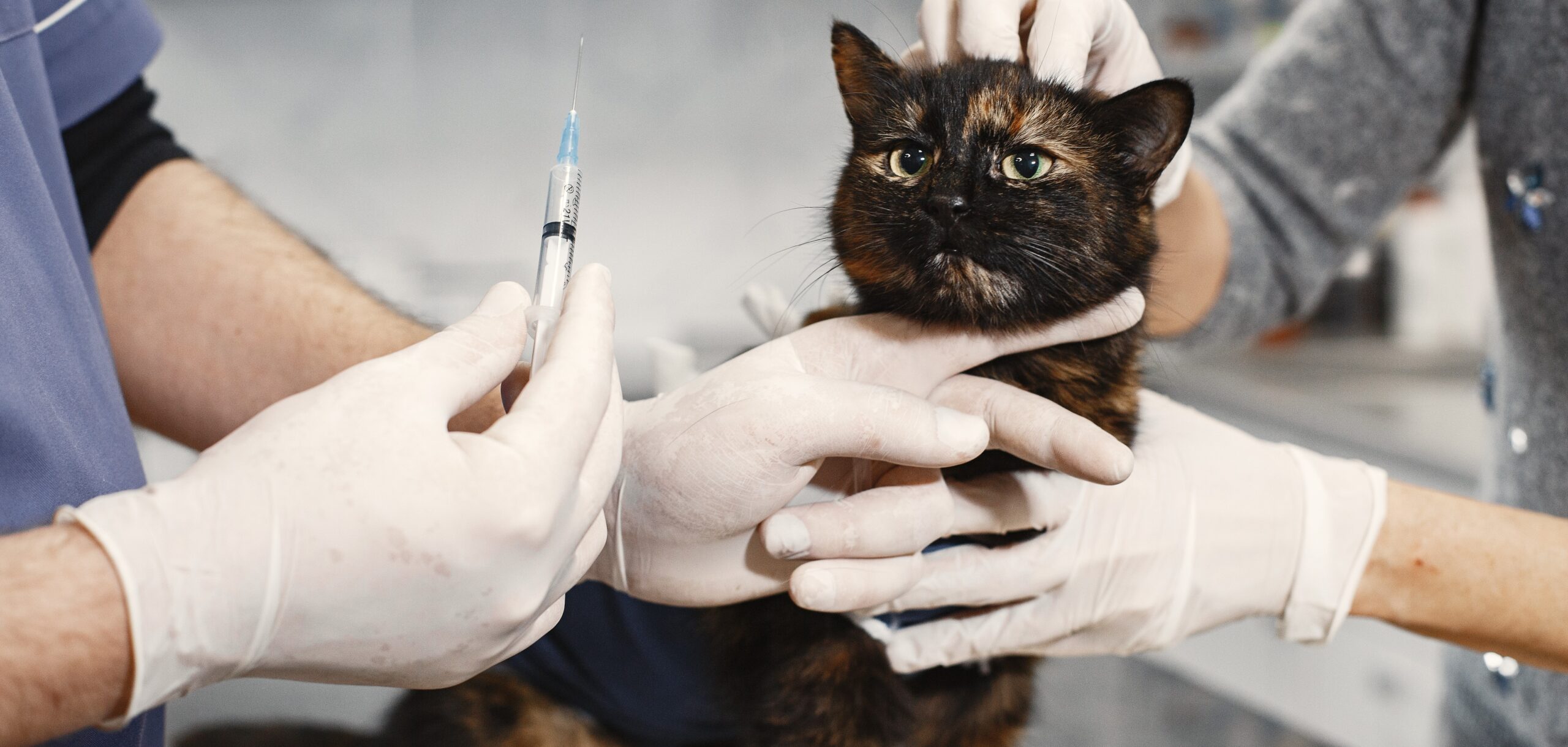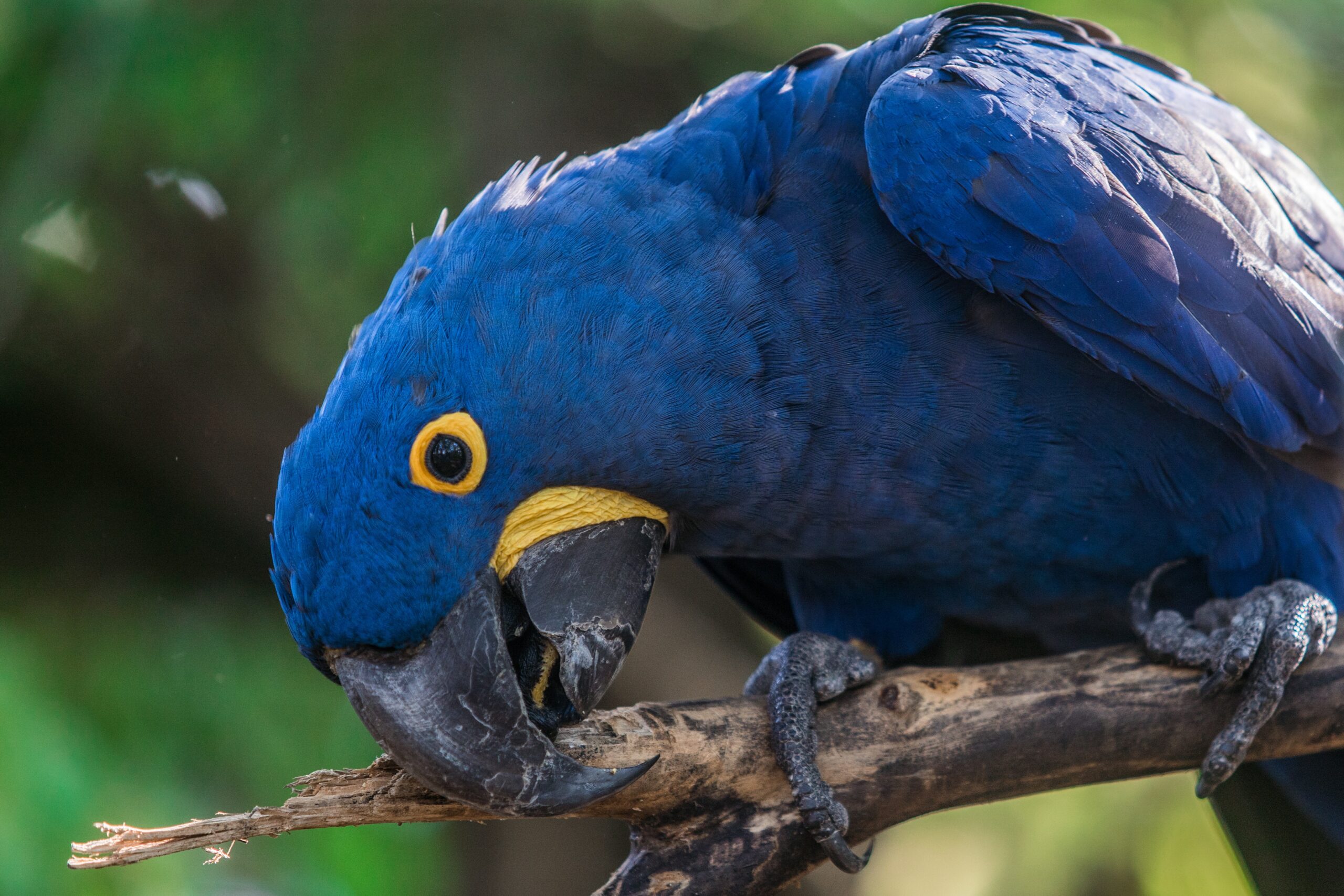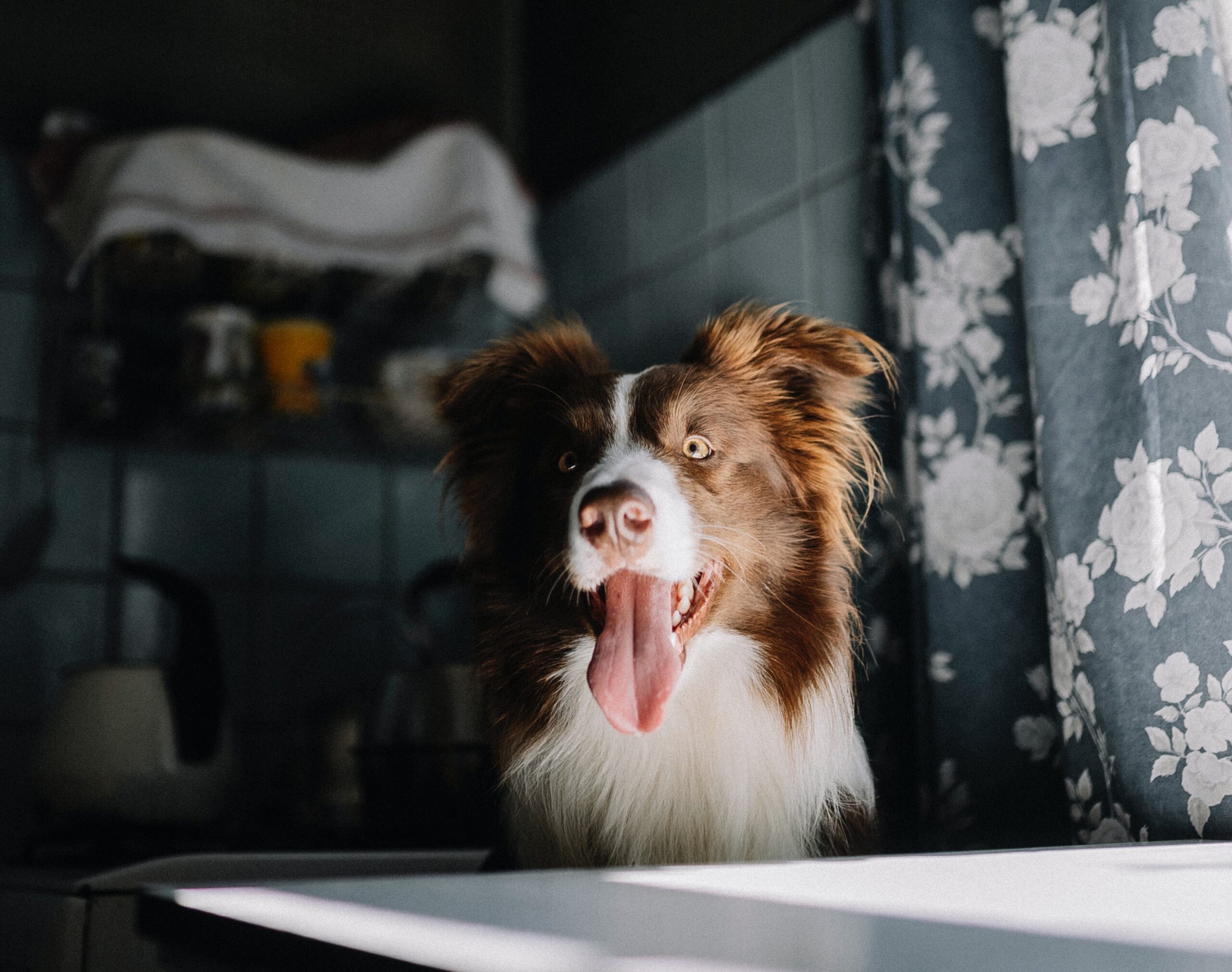Feline Leukemia Virus: Understanding the Causes, Symptoms, and Treatment Options
Feline leukemia virus (FeLV) is a contagious viral disease that affects cats. The virus is highly contagious and can spread from cat to cat through bodily fluids, such as saliva, urine, and feces. FeLV attacks the cat’s immune system, making them vulnerable to a range of other infections and diseases.
Causes:
FeLV is caused by a retrovirus, which is a type of RNA virus that inserts a copy of its genetic material into the DNA of the host cell. The virus is shed in large quantities in the saliva, urine, and feces of infected cats, making it easy for other cats to contract the disease.
The virus is most commonly spread through close contact between cats, such as grooming each other, sharing food and water bowls, and mating. Kittens can also contract the virus from their mothers during pregnancy or while nursing.
Symptoms:
The symptoms of FeLV can vary depending on the stage of the disease and the cat’s overall health. Some cats may not show any symptoms at all, while others may exhibit a range of symptoms, including:
- Loss of appetite
- Weight loss
- Lethargy
- Diarrhea
- Vomiting
- Pale gums
- Swollen lymph nodes
- Respiratory infections
- Skin infections
- Fungal infections
- Anemia
- Cancer
Diagnosis:
FeLV can be diagnosed through a blood test that detects the virus in the cat’s bloodstream. Cats should be tested for FeLV if they are exhibiting any of the symptoms listed above, or if they have been exposed to other cats that have tested positive for the virus.
Treatment:
There is no cure for FeLV, but there are treatment options that can help manage the symptoms and improve the cat’s quality of life. Treatment may include:
- Antibiotics to treat secondary infections
- Anti-inflammatory drugs to reduce inflammation
- Immune-boosting medications
- Blood transfusions to treat anemia
- Chemotherapy to treat cancer
Prevention:
The best way to prevent FeLV is to keep your cat away from infected cats. This can be done by keeping your cat indoors, or by supervising them while they are outside to ensure they do not come into contact with other cats.
There is also a vaccine available that can help protect cats from FeLV. The vaccine is recommended for all kittens and cats that are at risk of exposure to the virus, such as those that live with other cats or spend time outdoors.
Conclusion:
Feline leukemia virus is a serious disease that can have a devastating impact on a cat’s health. Understanding the causes, symptoms, and treatment options can help cat owners take steps to protect their pets and provide them with the best possible care. By keeping your cat away from infected cats and ensuring they receive regular veterinary care, you can help keep them healthy and happy for years to come.
You May be Interested in…
Rabies Virus: Symptoms, Treatment, and Prevention
Common Pet Diseases Prevented by Vaccination








